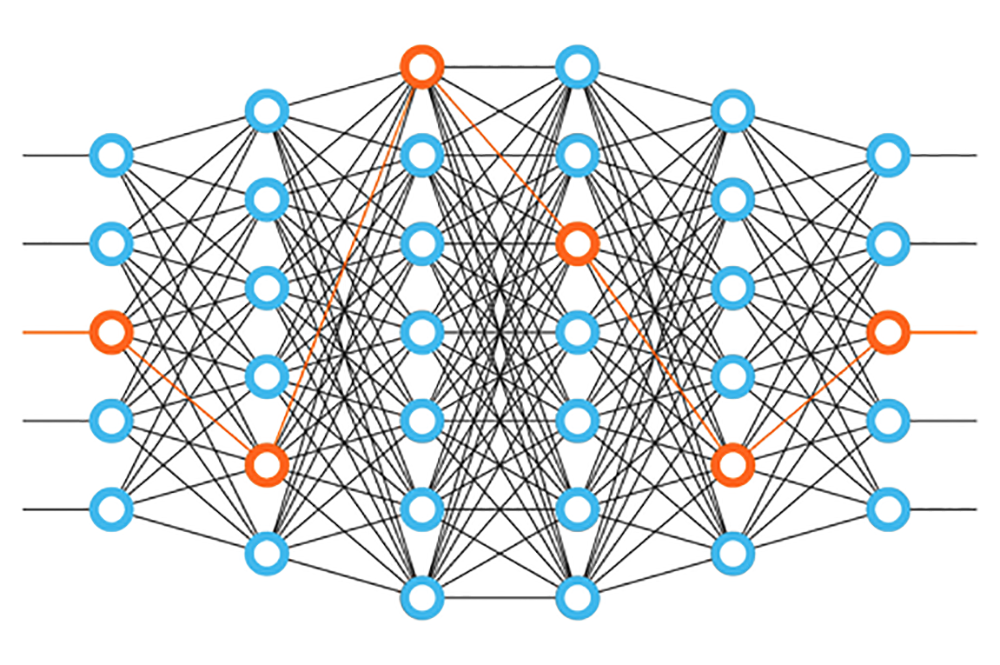In the ideal world, we will have enough training data and large enough neural nets for computers to be able to provide us all the insights we need. In the real world, especially in the enterprise world, lack of training data is the reality. Most of the context is lost during the digitization process, and many insights are still implied. That makes statistical models obsolete and neural networks powerless.
That does not mean that enterprises can not benefit from machine learning and artificial intelligence. It just means that organizations need to build their systems with their unique data challenges and opportunities in mind. Imitating Google’s and Amazon’s algorithms and expecting to get similar results without the raw number of daily searches is a great plan to fail.
Enterprises have advantages that Google doesn’t; they have thousands of employees who are domain experts in their roles and can tell the difference between correlations and causations; something that statistical algorithms cannot do. Leveraging implied knowledge is a complicated process, but focusing on better understanding which inputs affect the outcomes is the key to building high-performance intelligent systems.
At Logyc, we re-designed this process. By adding a human-augmentation layer to machine learning, the system can identify when there are unknown variables that affect the outcome, discover individuals with the most relevant expertise within the company and learn directly from them. Then the system runs simulations with the new data to verify the accuracy of the information. If new variables, in fact, do affect the outcome then the new variable will be added to the model, the supporting data will be connected to the model, leading to the improvements in the accuracy of the results.
Does your approach focus on capturing new variables that affect the outcome which is not statistically significant? If not you might be taking on a considerable amount of unnecessary risk which could happen if the unaccounted variables are amplified for one reason or another. “The Black Swan” is a great book written on this topic.




